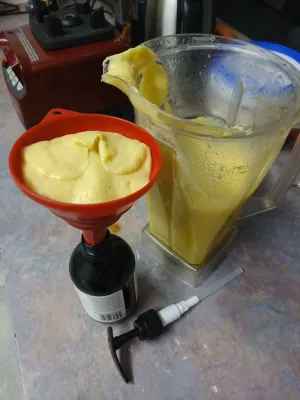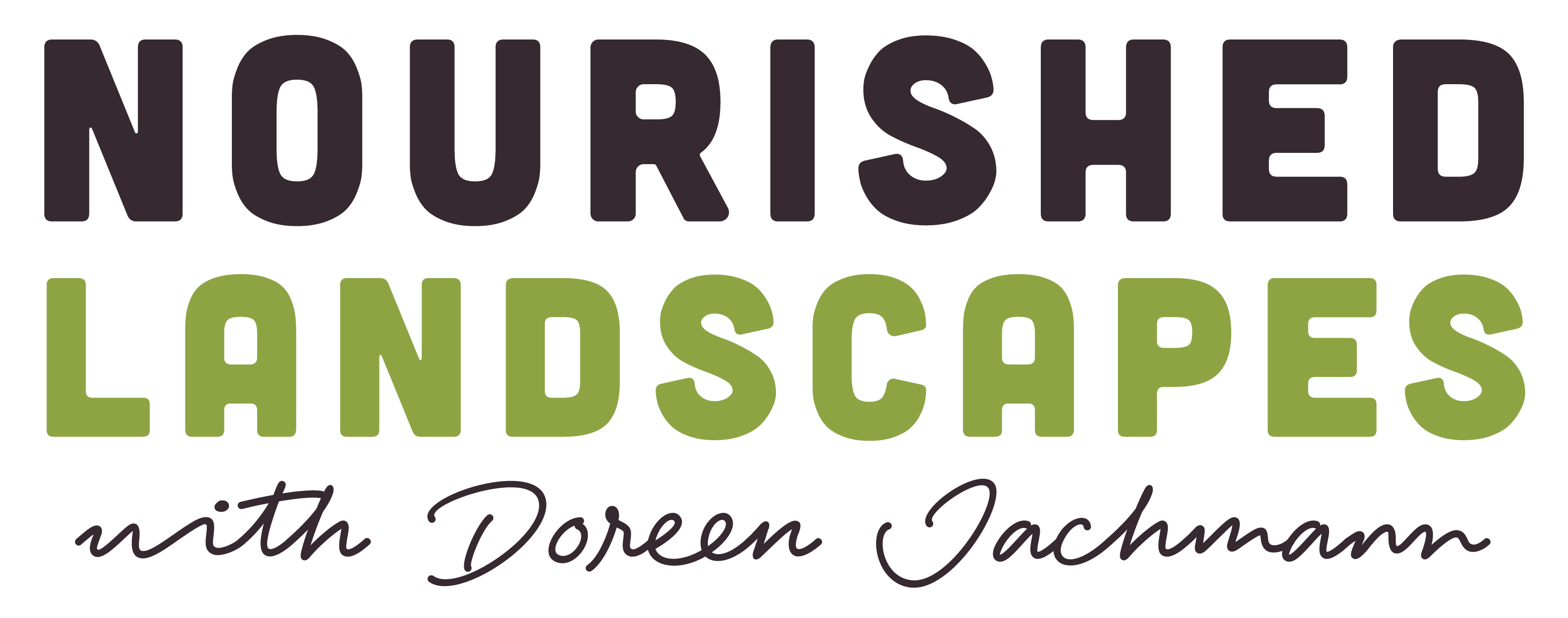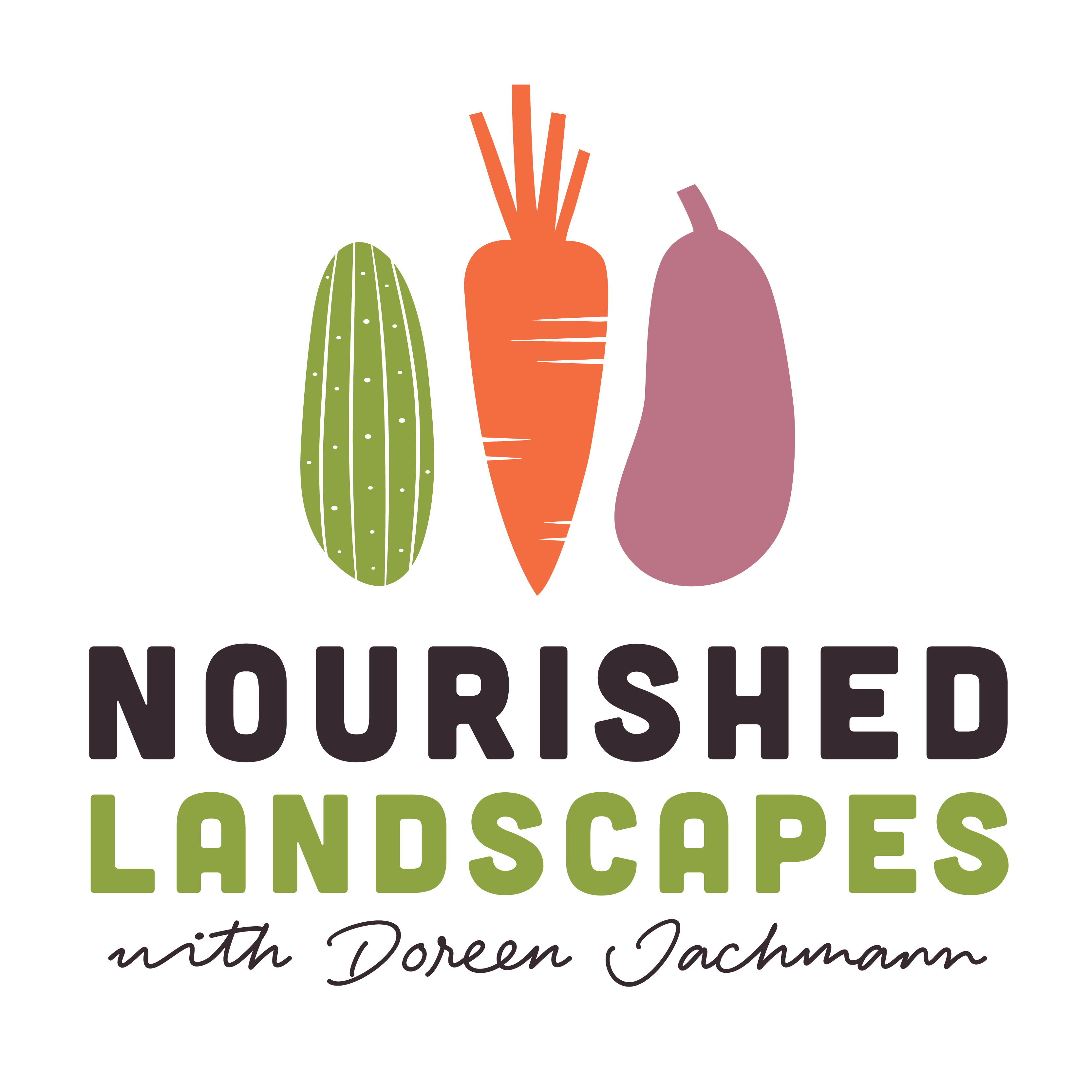Kaffir Lime Shampoo Recipe

Ingredients:
- 2-3 fresh kaffir limes
- 2 cups water or 1 to 1 ratio by volume
Non-essential extra additives:
- 1 tablespoon raw honey
- 1 tablespoon coconut oil
- 1 teaspoon apple cider vinegar
- Essential oils of your liking

Instructions:
- Begin by thoroughly washing the kaffir limes to remove any dirt or residue.
- Cut the limes into small pieces, including the peel and pulp.
- In a saucepan, bring the water to a boil and add the lime pieces.
- Reduce the heat to low and let the mixture simmer for about 30 minutes, allowing the limes to release their natural oils and fragrance.
- Remove the saucepan from the heat and allow the mixture to cool completely.
- Once cooled, combine the with the raw honey, coconut oil, and apple cider vinegar or any other additives you like.
- Stir the mixture well until all the ingredients are thoroughly blended.
- Use a good blender to blend it all up until a creamy consistency is reached.
- Transfer the shampoo into a clean, airtight container for storage.
- Your kaffir lime shampoo is now ready to use!

To use the shampoo, wet your hair thoroughly, then apply a small amount of the kaffir lime shampoo to your scalp and hair. Massage gently for a few minutes, allowing the natural ingredients to nourish your hair and scalp. Rinse thoroughly with warm water. Repeat if desired. It’s important to note that this homemade shampoo does not contain any preservatives, so it’s best to use it within a week or two and store it in the refrigerator between uses. It freezes well too or you could add a preservative to extend the shelf life.
Potassium Sorbate is a naturally occurring white salt that serves as an antimicrobial preservative. It is so natural that it is even used in food! When it comes to hair products, it provides a fantastic alternative to synthetic parabens. Sodium Benzoate, another salt, can be found naturally in apples, cranberries, plums, and cinnamon. Both potassium sorbate and sodium benzoate are known for being mild and non-irritating.
For those seeking an even more natural approach, essential oils can be utilized. Rosemary oil, when added at a concentration of 0.5% in the mixture, is a viable option. Additionally, oils that are rich in antioxidants, such as Jojoba and Vitamin E, can be used. Essential oils, along with various herbs like rosemary, clove, thyme, cinnamon, tea tree, lavender, Neem, and grape seed, are among the most effective natural preservatives. Notably, these natural options tend to target specific organisms more precisely compared to their synthetic counterparts.



Please keep in mind that while kaffir lime is known for its beneficial properties, it’s always a good idea to perform a patch test on a small area of your skin before using any new product to ensure you don’t have any adverse reactions or allergies.
----------------------------------------------
About the Author
Doreen Jachmann from Nourished Landscapes has been providing permaculture services for over 10 years.
Doreen is passionate about helping people create sustainable and resilient landscapes.
Nourished Landscapes offer a variety of services, including:
* Permaculture design and installation
* Permaculture education, presentations and workshops
* Permaculture consulting
If you are interested in learning more about permaculture, please contact us today!


0 comments
Leave a comment
Please log in or register to post a comment